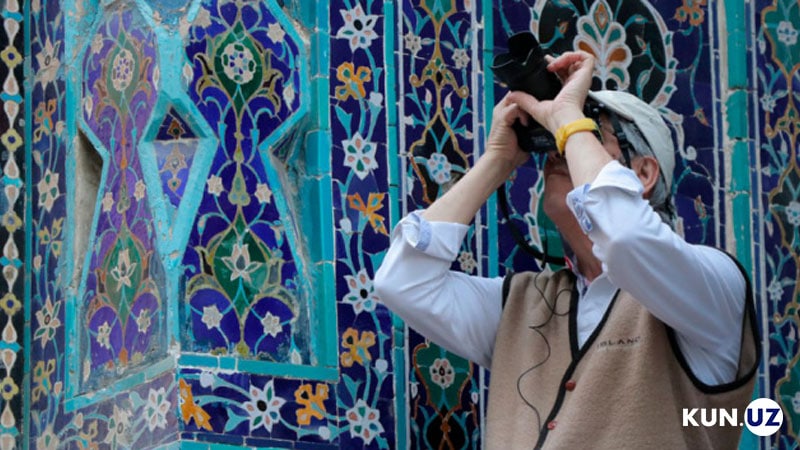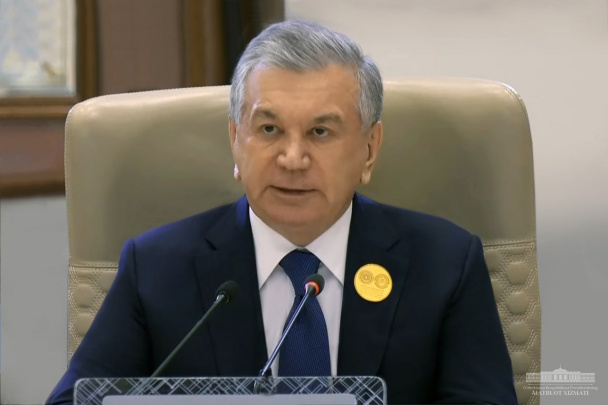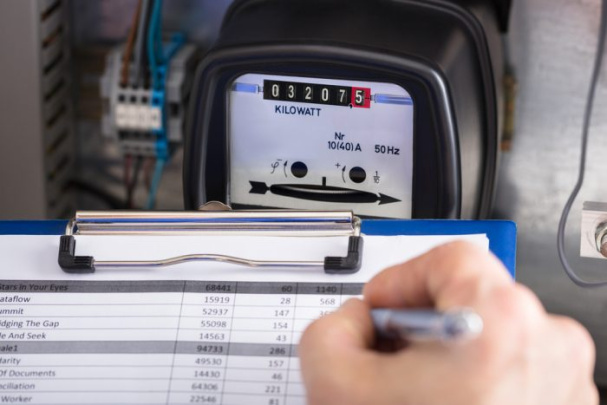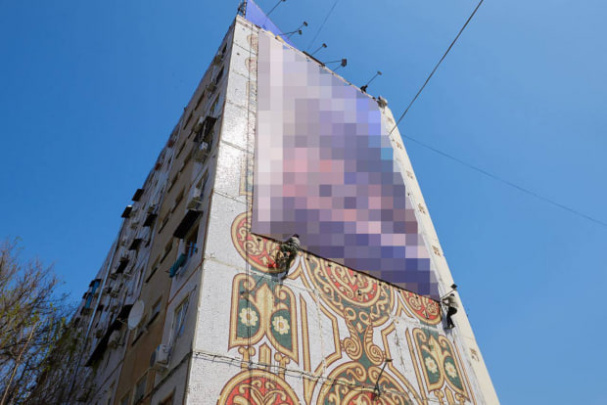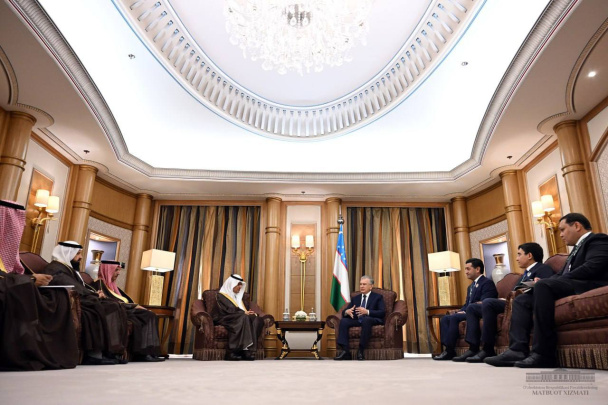According to Kommersant, in the first quarter of the year, more than 50 thousand Russians entered Uzbekistan, how many remained is unknown. For comparison: in 2021, the number of those who crossed the border was 3.5 times less. Many interviewees moved there with a backpack and a couple of bags. But some, like, for example, Tatyana, brought with them almost everything from the apartment – 300 kg of things.
“There are different ways of transportation – from organization, which is very expensive, to private traders who carry. I found them based on reviews while in Tashkent. It not is easy and simple, because there is no such feedback, although it was convenient for me: people came – they took everything from my house. After three or four weeks everything was in a new apartment. A little more than 300 kg, it cost, in my opinion, 200-250 rubles for 1 kg, all together cost about 50 thousand rubles,” Tatyana said.
According to the publication, in Uzbekistan it is advisable to immediately issue a PINFL – this is a single identifier that certifies the identity in the provision of public, banking and social services. It is also needed to officially work in the republic. Over the past few years, the country has risen significantly in the Doing Business ranking and is now in the top 10 countries in terms of easing registration of legal entities. The interlocutors of the publication compare business opportunities in Uzbekistan with the 90s in Russia.
The easiest way to find an apartment is on a local classifieds service, and the price of a two-bedroom apartment in the center of Tashkent can exceed $500, an English teacher Alexander said: “For locals, prices have always been a little lower, but finding housing is quite simple. There is a site like Avito. Apartments in Tashkent are probably twice as expensive as in other cities. A two-bedroom apartment can be found for $300-500. Naturally, there are some elite apartments that will be more expensive”.
Many Russians come to Uzbekistan for a couple of days with a local bankcard. It is easy to arrange, but long queues at branches are not uncommon, financial manager Jargal Gatapov says: “The banking sector in Uzbekistan is far behind the Russian one – by 10-15 years. In Kapitalbank, for example, you can stand in line for two hours. There is no developed network of ATMs, that is, commissions are taken for withdrawals”.
A fairly common problem in Uzbekistan is frequent power outages. This happens once a month for a few hours. Interlocutors of the publication working remotely are saved from this with the help of mobile Internet, a power bank and a laptop. The overwhelming majority of Uzbeks are fluent in Russian, and there are no difficulties with intercultural communication, Yevgeniy says. He and his family moved from Krasnodar to Samarkand, the third largest city in the country, 300 km from Tashkent.
“There are a lot of Krasnodar products here: Krasnodar ice cream “Korovka from Korenovki”, condensed milk, dairy products “Prostokvashino”, price tags are in Russian. We walked along the small streets of Samarkand – obviously not tourist areas – grannies sit on benches and speak Russian,” Yevgeniy says.
Those who have moved to Uzbekistan will have to get used to local traffic. Drivers are happy to make sharp maneuvers and suddenly turn left without a turn signal. An excellent way out in this case is a taxi. And it is extremely cheap even in the capital, continues Jargal Gatapov: “Not at rush hour, you can drive from one end of the city to the other for 170 rubles, which is about 20 km. The economy here is Daewoo Matiz and some old Nexia. Comfort is already Spark, Chevrolet Cobalt”.
Additionally, in Uzbekistan, as nowhere else in the world, informal ties between people are especially strong, says Tatyana, who moved to Tashkent: “Because it is a culture. From the point of view of meeting people, this is directly the best way to solve your problems. Here, for example, our landlord turned out to be a very powerful networker. For any issues, we first call him – ask if he has someone to help”.
To sum up, large-scale reforms began in Uzbekistan in 2016, and after five years of Shavkat Mirziyoyev’s rule, the country’s economy grew by almost a quarter.

